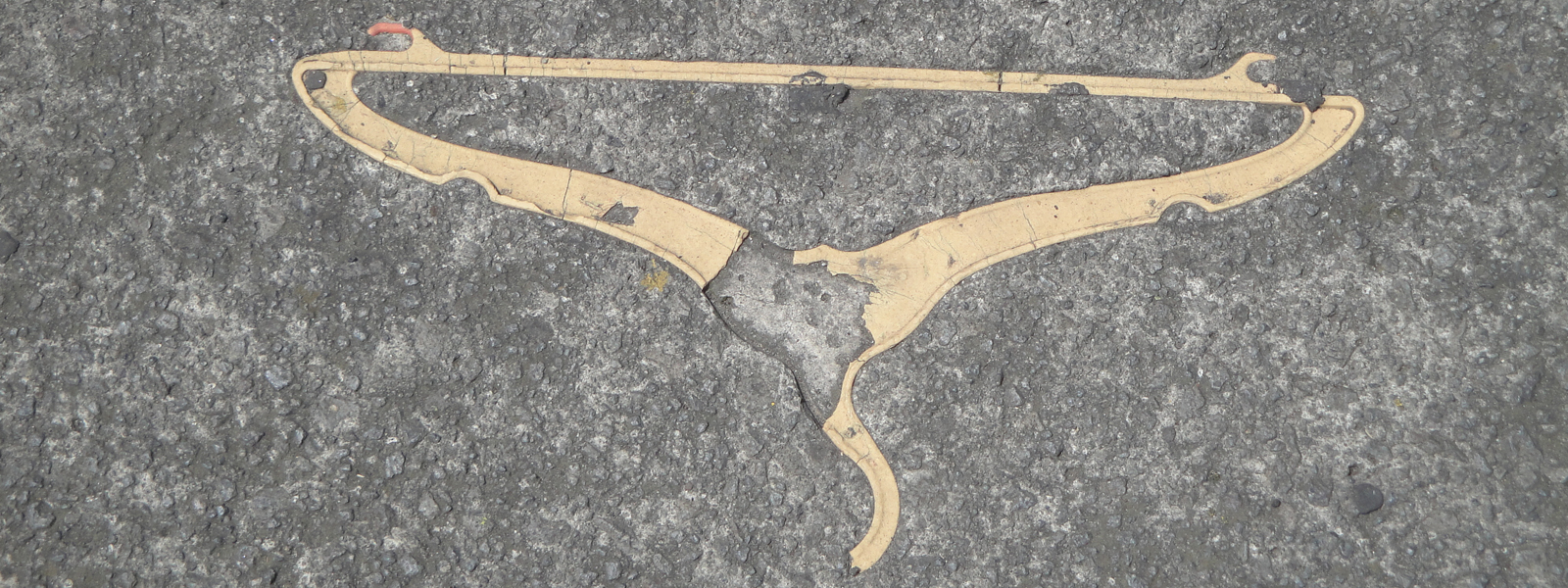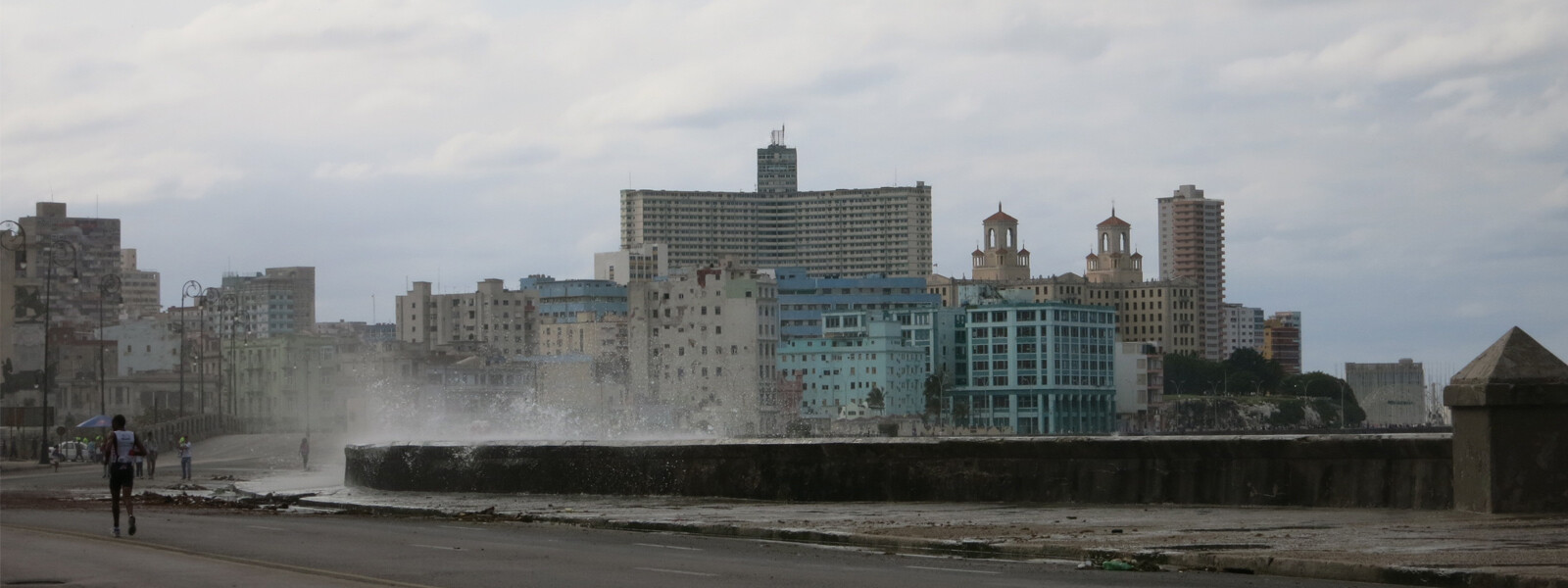Dieser Beitrag befasst sich mit der Rolle von transdisziplinären Herangehensweisen innerhalb der Stadtforschung mittels einer theoretisch-methodischen Besprechung dieses Forschungsfeldes. Ausgehend von einem kurzen Rückblick auf die Methodengeschichte und die wichtigsten epistemologischen Debatten der empirischen Stadtforschung diskutiere ich die Frage, welche neue Erkenntnis ein transdisziplinärer Zugang in der Betrachtung des Städtischen bringt, genauer: Wie kann Transdisziplinarität produktiv in eine kritische Forschungspraxis umgesetzt und als Strategie für Stadtforschung fruchtbar gemacht werden?
Der Beitrag beschreibt die empirische Prägung der westeuropäischen Stadtforschungspraxis durch vorerst überwiegend intuitive transdisziplinäre Zugänge. Dabei zeige ich auf, dass insbesondere die aus der postmodernen und poststrukturalistischen Wende resultierende wissenschaftliche Reflexivität, die neu bewertete Ethnografie und der Fokus auf die soziale Produktion von Raum als zentrale sozialwissenschaftliche und erkenntnistheoretische Stränge die Stadtforschung auf inhaltlicher und struktureller Ebene bis heute durchziehen. In der kritischen Weiterentwicklung ebendieser methodischen und theoretischen Grundlagen der Stadtforschung sehe ich eine wesentliche Voraussetzung für Forschende, um Transdisziplinarität heute in eine explizite empirische Praxis zu übersetzen. Die große Bandbreite aktueller transdisziplinärer Ansätze bündle ich schließlich schematisch und lote ihre Möglichkeiten und Grenzen für die Stadtforschung aus.
Streule, Monika (2014) Trend zur Transdisziplinarität. Kritische Einordnung einer ambivalenten Praxis qualitativer Stadtforschung. Forum Qualitative Sozialforschung / Forum: Qualitative Social Research 15(1), Art. 17. DOI 10.17169/fqs-15.1.1995



